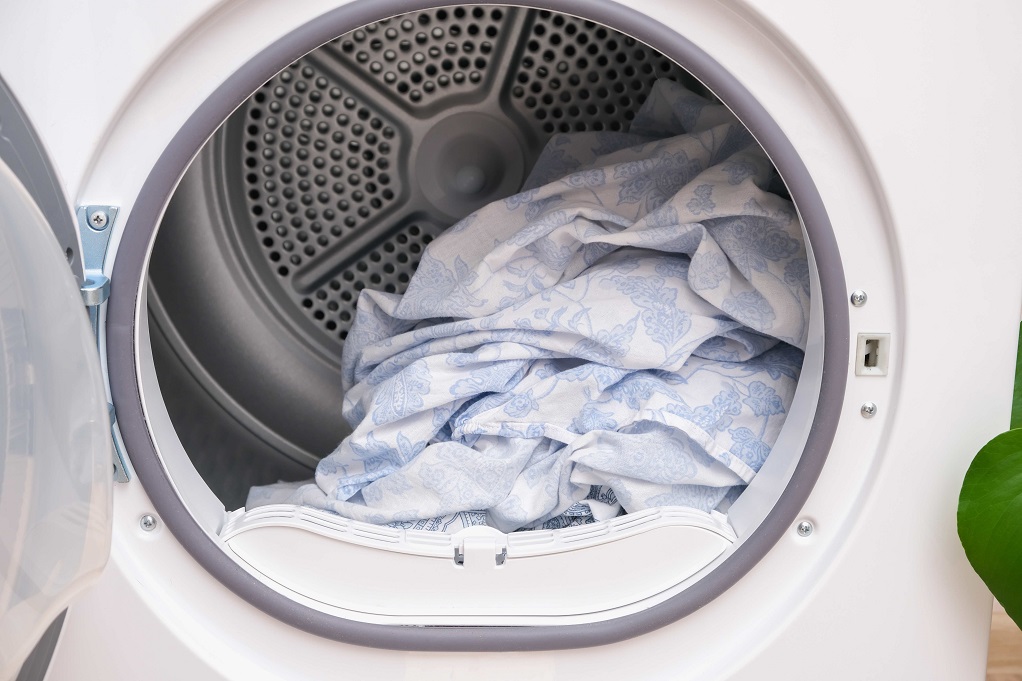With rising energy costs and growing concerns about the environment, energy conservation has become more important than ever. By taking steps to reduce energy consumption in our homes, we can not only save money but also contribute to a healthier planet. In this blog post, we will explore the top 10 energy-saving tips that every homeowner should know.
Understanding Your Energy Consumption
Before we dive into energy-saving tips, it’s important to understand how energy is typically consumed in a home. Major energy consumers often include heating and cooling systems, large appliances, and water heaters. Conducting an energy audit can be a great first step in understanding your home’s energy consumption. An energy audit involves assessing how much energy your home consumes and evaluating what measures you can take to improve energy efficiency. You can do a simple audit yourself, or consider hiring a professional for a more thorough analysis.
Tip 1: Switch to Energy-Efficient Lighting
One of the simplest ways to reduce energy consumption is by switching to energy-efficient lighting. Traditional incandescent bulbs convert only a small portion of the energy they consume into light, while the rest is emitted as heat. On the other hand, energy-efficient bulbs such as LEDs and compact fluorescents (CFLs) use significantly less energy and last longer. While these bulbs may cost more upfront, they can save you money in the long run by reducing your electricity bills and replacement costs.
Tip 2: Invest in Energy-Efficient Appliances
Appliances account for a substantial portion of home energy use. When shopping for appliances, look for the Energy Star label, which signifies that the appliance is energy efficient. Energy Star appliances meet strict efficiency guidelines set by the U.S. Environmental Protection Agency and the Department of Energy. While Energy Star appliances may have a higher initial cost, the energy savings over the lifetime of these appliances can more than offset the initial investment.
Tip 3: Optimize Your Heating and Cooling
Heating and cooling systems account for a significant portion of most households’ energy consumption. There are several ways to optimize these systems for energy efficiency. Consider installing a programmable thermostat, which can adjust your home’s temperature while you’re away or sleeping. Sealing and insulating your home effectively can also prevent heat loss in the winter and keep your home cool in the summer, leading to substantial energy savings. Regular maintenance of your heating and cooling systems can also keep them running efficiently and prevent costly repairs down the line.
Tip 4: Use Water Wisely
Water usage, especially hot water, can contribute to high energy bills. Installing low-flow fixtures, such as showerheads and faucets, can help reduce water consumption and the energy used to heat it. Repairing leaky faucets promptly can also prevent unnecessary water and energy wastage. Moreover, consider insulating your water heater and pipes to conserve heat, and lower the thermostat on your water heater to reduce energy use.
Tip 5: Insulate Your Home
Insulation plays a crucial role in maintaining the desired temperature in your home throughout the year, keeping it warm in the winter and cool in the summer. It reduces the demand on your heating and cooling systems and can result in significant energy savings. The attic, walls, and floors adjacent to unheated spaces are key areas to insulate. Different types of insulation, such as spray foam, batt, and blown-in insulation, have different R-values (a measure of thermal resistance) and are suited to different applications. Be sure to choose the right type for your needs.
Tip 6: Use Solar Energy
Using solar energy can dramatically reduce your dependence on conventional energy sources. Installing solar panels can provide electricity for your home, while a solar water heater can provide hot water, both at a fraction of the usual energy cost. While the upfront cost of solar installations can be high, many areas offer incentives like tax credits or rebates that can offset the initial investment. Moreover, the savings on your energy bill over time can make solar energy a cost-effective solution.
Tip 7: Practice Energy-Efficient Cooking
Even cooking habits can affect your energy consumption. For instance, using the right size pot on your stove burners can prevent heat loss, and covering pots and pans can speed up cooking and save energy. Using smaller appliances like a microwave, toaster oven, or slow cooker instead of the oven can also help conserve energy. When you do use the oven, resist the urge to open the door to check on food as this can cause a significant amount of heat to escape.
Tip 8: Be Smart About Laundry
Laundry is another area where small changes can lead to big energy savings. Consider washing clothes in cold water whenever possible to save the energy that would be used to heat the water. Air-drying clothes instead of using a dryer can also save a substantial amount of energy. When you do use the dryer, be sure to clean the lint filter after every load to keep it running efficiently.
Tip 9: Utilize Power Strips and Unplug Devices
Many devices in your home continue to draw power even when they’re turned off, a phenomenon known as “phantom load” or “vampire power”. This can add to your energy bill without you even realizing it. One way to combat this is by plugging devices into power strips and turning off the strips when the devices are not in use. Unplugging devices that are used infrequently can also help reduce phantom load.
Tip 10: Perform Regular Maintenance on Appliances
Regular maintenance of your appliances can keep them running efficiently and extend their lifespan, leading to savings on both energy and replacement costs. For instance, cleaning the coils on your refrigerator can help it run more efficiently, and draining sediment from your water heater can improve its heat transfer efficiency. Always refer to the manufacturer’s instructions for maintenance guidelines for your specific appliances.
Conserving energy in your home is not only beneficial for your wallet, but also for the environment. By implementing these 10 energy-saving tips, you can significantly reduce your home’s energy consumption. Remember, even small changes can add up over time, so start where you can and gradually adopt more energy-saving habits. The future of our planet depends on each of us doing our part to conserve resources and live more sustainably.






